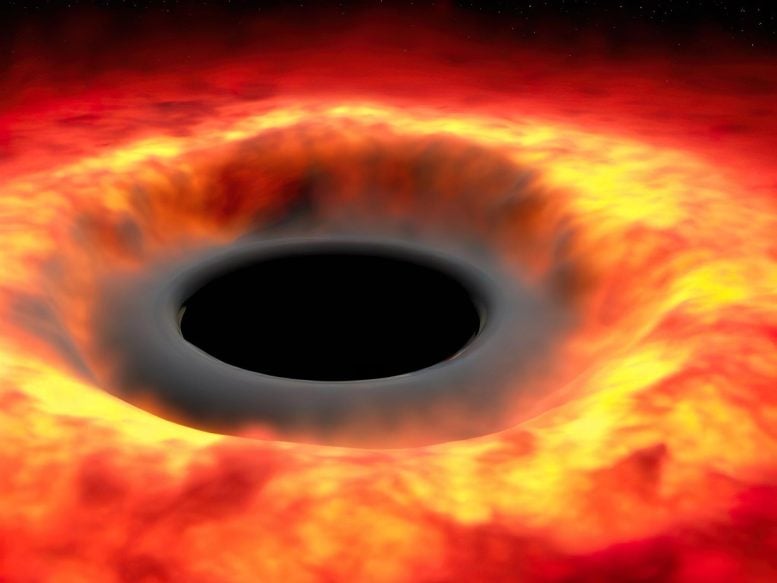
A team of researchers has affirmed Stephen Hawking’s prediction about the evaporation of black holes via Hawking radiation, though they’ve provided a crucial modification. According to their research, the event horizon (the boundary beyond which nothing can escape a black hole’s gravitational pull) is not as important as previously believed in producing Hawking radiation. Instead, gravity and the curvature of spacetime play significant roles in this process. This insight extends the scope of Hawking radiation to all large objects in the universe, implying that, over a sufficiently long period, everything in the universe could evaporate.
Research shows Stephen Hawking was mostly correct about black holes evaporating via Hawking radiation. However, the study highlights that the event horizon isn’t essential for this radiation, and gravity and spacetime curvature play significant roles. The findings suggest that all large objects, not just black holes, could eventually evaporate due to a similar radiation process.
New theoretical research by Michael Wondrak, Walter van Suijlekom, and Heino Falcke of Radboud University has shown that Stephen Hawking was right about black holes, although not completely. Due to Hawking radiation, black holes will eventually evaporate, but the event horizon is not as crucial as has been believed. Gravity and the curvature of spacetime cause this radiation too. This means that all large objects in the universe, like the remnants of stars, will eventually evaporate.
Using a clever combination of quantum physics and Einstein’s theory of gravity, Stephen Hawking argued that the spontaneous creation and annihilation of pairs of particles must occur near the event horizon (the point beyond which there is no escape from the gravitational force of a black hole). A particle and its anti-particle are created very briefly from the quantum field, after which they immediately annihilate. But sometimes a particle falls into the black hole, and then the other particle can escape: Hawking radiation. According to Hawking, this would eventually result in the evaporation of black holes.
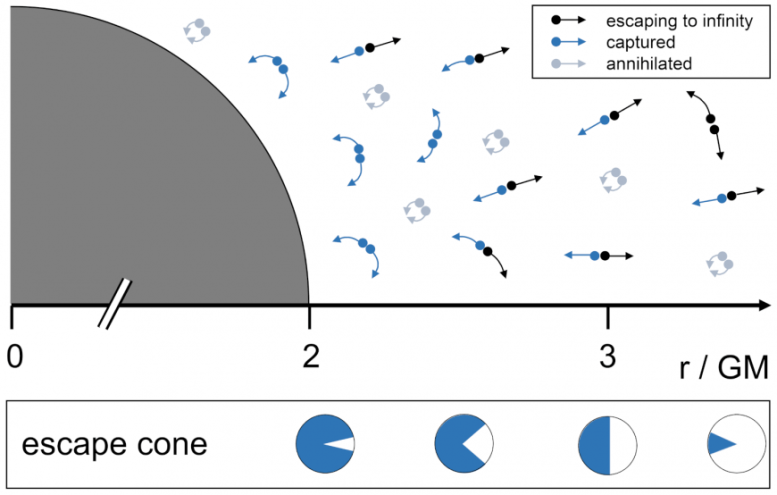
Schematic of the presented gravitational particle production mechanism in a Schwarzschild spacetime. The particle production event rate is highest at small distances, whereas the escape probability [represented by the increasing escape cone (white)] is highest at large distances. Credit: Physical Review Letters
Spiral
In this new study, the researchers at Radboud University revisited this process and investigated whether or not the presence of an event horizon is indeed crucial. They combined techniques from physics, astronomy, and mathematics to examine what happens if such pairs of particles are created in the surroundings of black holes. The study showed that new particles can also be created far beyond this horizon. Michael Wondrak: “We demonstrate that, in addition to the well-known Hawking radiation, there is also a new form of radiation.”
Everything evaporates
Van Suijlekom: “We show that far beyond a black hole the curvature of spacetime plays a big role in creating radiation. The particles are already separated there by the tidal forces of the gravitational field.” Whereas it was previously thought that no radiation was possible without the event horizon, this study shows that this horizon is not necessary.
Falcke: “That means that objects without an event horizon, such as the remnants of dead stars and other large objects in the universe, also have this sort of radiation. And, after a very long period, that would lead to everything in the universe eventually evaporating, just like black holes. This changes not only our understanding of Hawking radiation but also our view of the universe and its future.”
The study was published on June 2 in Physical Review Letters by the American Physical Society (APS).
Reference: “Gravitational Pair Production and Black Hole Evaporation” by Michael F. Wondrak, Walter D. van Suijlekom and Heino Falcke, 2 June 2023, Physical Review Letters.
DOI: 10.1103/PhysRevLett.130.221502
Michael Wondrak is excellence fellow at Radboud University and an expert in quantum field theory. Walter van Suijlekom is a Professor of Mathematics at Radboud University and works on the mathematical formulation of physics problems. Heino Falcke is an award-winning Professor of Radio Astronomy and Astroparticle Physics at Radboud University and known for his work on predicting and making the first picture of a black hole.

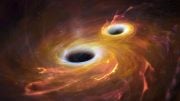


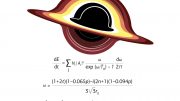
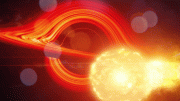


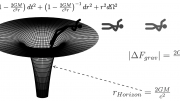
Easy to make such rediculous assumptions when you don’t understand the basic mechanics of energy conservation within the galaxies let alone the universe.
Steven Hawking aside… Tantric Buddhists were ahead of the curve:
None of this physical “reality” EVER existed…
Om namo Buddhay!
Steven Hawking aside… Tantric Buddhists were ahead of the curve:
None of this “reality” EVER existed…
Never forget, physicists claim to be “recreating the conditions of the Big Bang” by slamming two relativistic particles together. If the gravity of “black holes” (degenerate mater) becomes focused retro-reflectively as the “holes” cool, then “heat death” scenarios are moot and the universe has an oscillatory nature lacking extreme degenerate endpoints such as the scenario covered in this article.
Explain were all the antimatter went.
I hope Stephen Hawking new path threw eternity is rewarded with the love of God. Living life with his limitations had to be one of the greatest battles. His mind was the only outward emotion to share with others, just think that’s all he could physically do, luckily his eyesight helped soothe some of the pain. Spending most the time pondering what makes up Time and life. He would be very pleased to know about the academic consensus of his radiation theory while alive One to take with him. I would like to wayin about the theory of time. Time is static a ghost without form time has one physical similarity starting at the Big Bang, it’s Motion in the universe all we can do is flow along and try to anticipate what’s next, time does embellish with features of distance. Space on the other hand has mass that can and is manipulative. Thank You Mr. Hawking best (wishes)
2 Peter 3:10 10 But the day of the Lord will come as a thief in the night, in which the heavens will pass away with a great noise, and the elements will melt with fervent heat; both the earth and the works that are in it will be [d]burned up.
And Scitechdaily is just discovering this?
2 Peter 3:10 – sounds like the description of a large meteorite impact. Such occurrences are likely to have been observed at one time or another, and thus could readily be described.
The article, on the other hand, talks about evaporation, not loud noise and (Earth) things melting and burning.
If large dead stars lose mass from evaporation, when a certain mass is reached, that evaporation should stop.